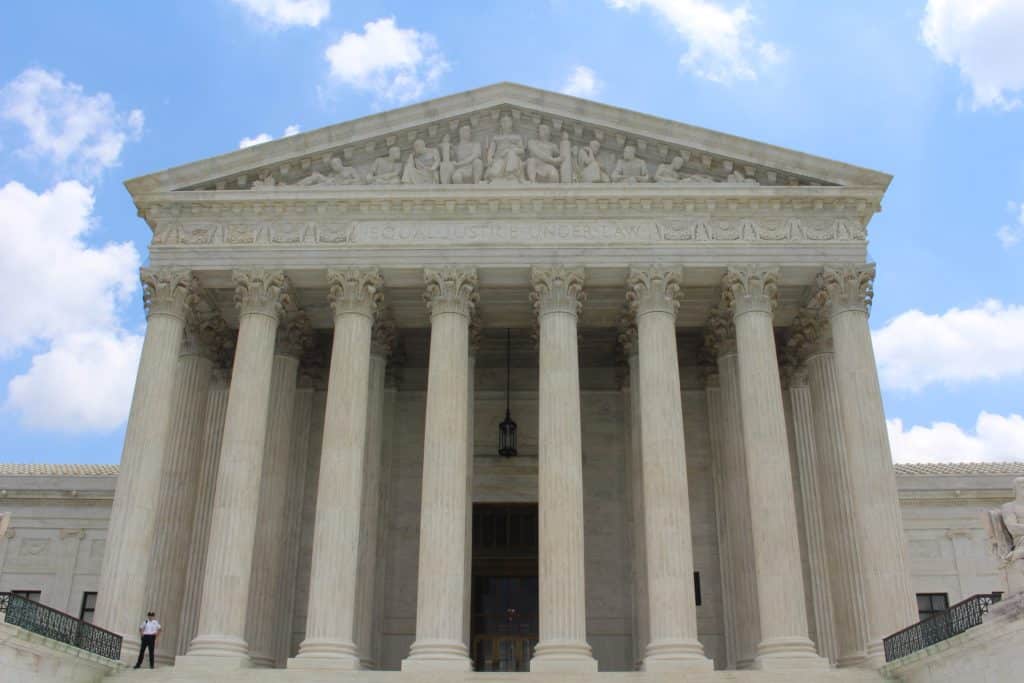Fidel Torres, 62, was expected to walk free in less than two years. Instead he died on May 20 in the Federal Medical Center in Lexington Kentucky from complications related to Covid-19.
Convicted of conspiracy to possess and distribute more than 2,000 pounds of marijuana, Torres is among at least four pot prisoners to die while in prison for a crime that is practically legal in most states.
“He never should have gone to prison for pot in the first place,” said Amy Povah, founder and president of the CAN-DO Foundation.
“All pot prisoners should be released immediately, for logical reasons. People are making billions of dollars selling pot legally and others are rotting in jail for long periods. The whole situation is beyond unfair and unjust,” Povah told the Weed Blog.
Torres, according to the federal Bureau of Prisons (BOP), tested positive for COVID-19 on May 2. He died from septic shock caused by Covid-19-related pneumonia on May 20, the same day that Trump’s former personal lawyer, Michael Cohen, was sent home after spending one year in prison.
Relatives and groups such as Families Against Mandatory Minimums (FAMM) say there are hundreds of thousands of prisoners without influential contacts who also meet the requirements for release yet are still languishing behind bars.
“Fidel Torres was nearing the end of a lengthy sentence for selling marijuana. He seems like a poster child for home confinement,” Kevin Ring, director of FAMM, told the Huffington Post.
Cases like Torres’ show that the BOP needs to do more to expand home confinement to save lives during the COVID-19 pandemic, Ring noted.
“Even if one assumes the BOP is acting with the best of intentions, its decision-making process is impossible to understand,” Ring said.
As far as Amy Povah is concerned, the BOP and Department of Justice (DOJ) are not acting with the best of intentions.
“This tragedy will go down in history and those responsible have blood on their hands. Both DOJ and BOP,” Povah said.
Torres had recently qualified for a reduction of his 220-month prison sentence. That, in addition to the fact that he had already served 10 years of his 18-year sentence begs a question: why wasn’t he released once the coronavirus began to sweep the nation? That would have been in keeping with the BOP’s own recently adopted guidelines.
In a Bureau of Prison filing on April 22, 2020, the BOP noted that in view of the spread of Covid-19, it was “at this time prioritizing for consideration those inmates who either (1) have served 50% or more of their sentences, or (2) have 18 months or less remaining in their sentences and have served 25% or more of their sentences.”
Torres fell into the latter case, having already served 50% percent of his sentence yet he was not offered home confinement or compassionate release.





